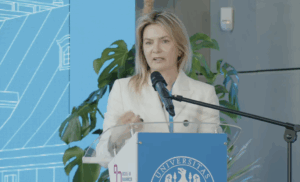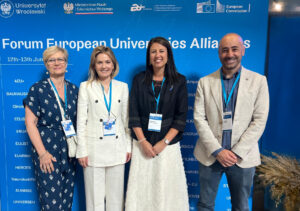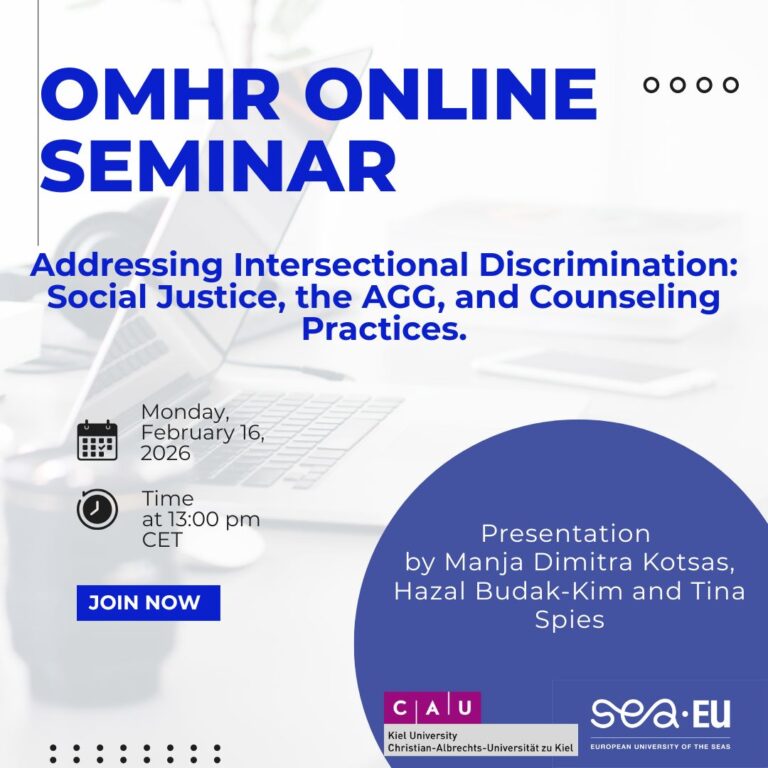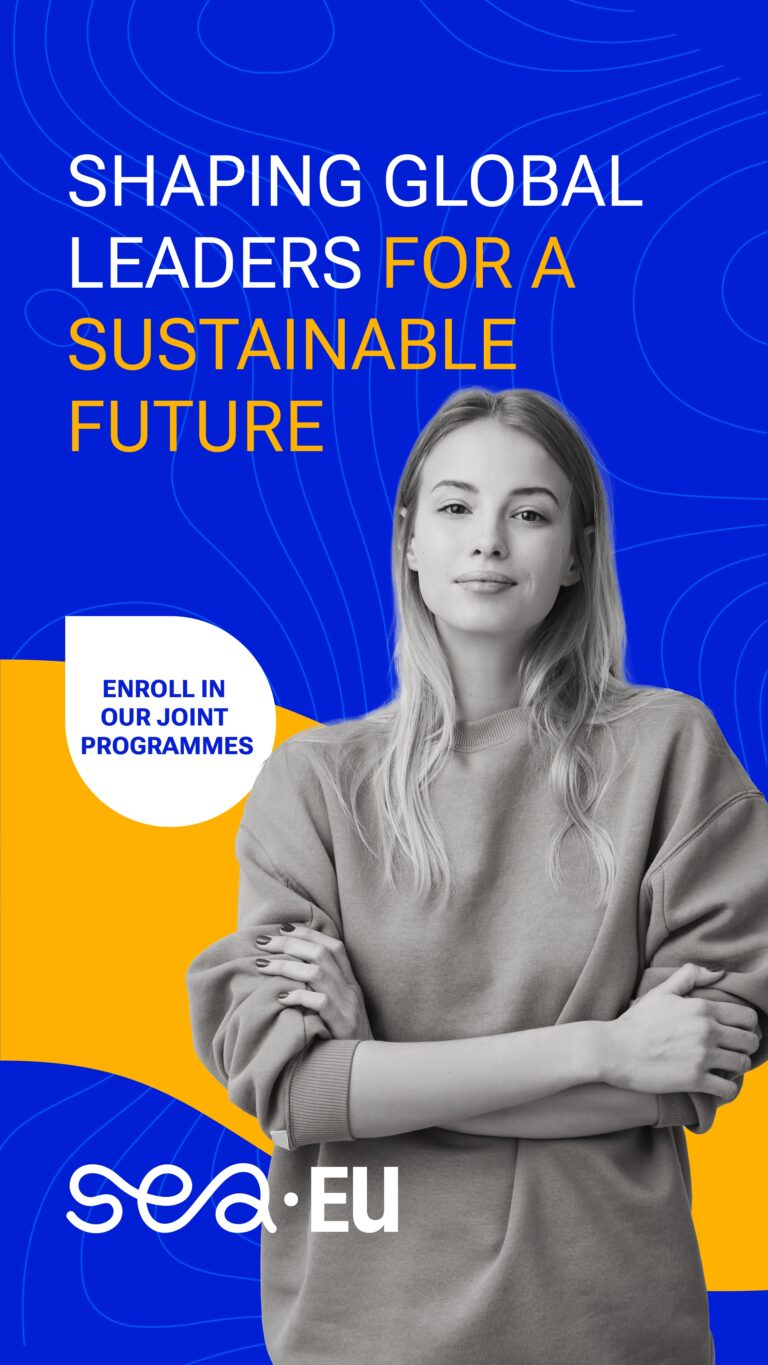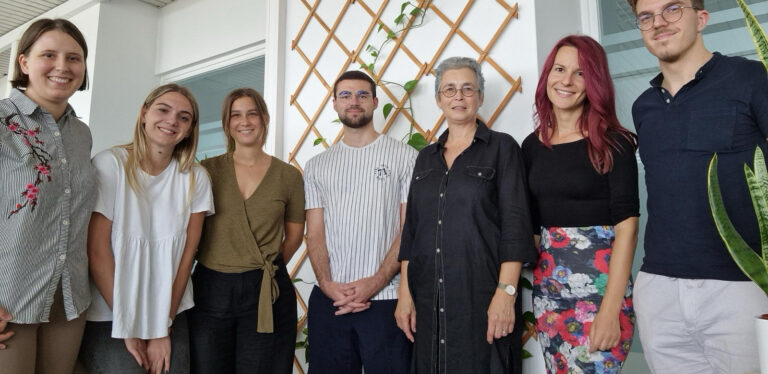The SEA-EU Alliance took an active role in the Forum of European Universities Alliances, a flagship event hosted by the University of Wrocław under the Polish Presidency of the Council of the European Union. The forum brought together representatives from alliances, institutions, national agencies and the European Commission to reflect on the progress and future of the European Universities Initiative (EUI).
The SEA-EU delegation included Marcela Iglesias, General Coordinator of the Alliance; Fernando Pérez, General Director; Anna Jurkowska-Zeidler, Vice-Rector of the University of Gdańsk and Laura Howard, former General Director.
In her opening remarks, Pia Ahrenkilde Hansen, Director-General for Education, Youth, Sport and Culture at the European Commission, stressed the pivotal role of higher education in today’s unstable global context. “Alliances change the way we do higher education and place education where it belongs: at the top of political agendas,” she stated. She also praised the recent launch of European joint programmes as a major contribution to academic resilience and freedom.
SEA-EU’s strong visibility materialised in the session “Union of Skills Initiative: Key priorities for European Universities Alliances in shaping the future competitiveness of the EU.” Representing SEA-EU, Anna Jurkowska-Zeidler delivered a compelling intervention emphasising the urgent need to prepare students—and institutions themselves—for the future. “Working with students every day, we realise the urgency of teaching new skills—resilience, analytical thinking… the same skills our universities must embrace,” she said. She acknowledged the initial barriers in developing joint degrees across borders but proudly declared, “We did it! We launched new joint programmes under European accreditation, co-designed with territories and companies to meet real labour market needs.” With passion and clarity, Anna added: “We have built the ship. Now please blow wind into our sails so we can reach that promising horizon.” Her message concluded with a powerful metaphor: “Excellence in education is the engine of our alliances. But we need wings—engagement and enthusiasm from every actor—and we need roots, which are our shared European values.” Later, in a dedicated presentation on lifelong learning and microcredentials, Anna argued that alliances must rethink the way they approach learning: “It’s time to move from seeing people as students to recognising them as lifelong learners. This is not just a semantic shift—it’s a full rethinking of what we deliver, putting the learner journey at the centre.”
In the afternoon, Laura Howard took the stage to moderate the session called “Optimising impact with and for external stakeholders.” Opening the session, she reminded participants that “the impact of the alliances, including stakeholder involvement, is not just another honour to have—it is a fundamental pillar for us to achieve our ambitious goals and to foster a strong European identity.” She challenged the panel with key questions: How do we do that? How can we ensure that the benefits reach everyone involved? The discussion centred on how alliances can foster effective collaboration with external actors and how this cooperation ultimately strengthens the competitiveness and relevance of higher education across Europe. Drawing on SEA-EU’s experience in building partnerships with municipalities, businesses, NGOs and civil society, Laura emphasised the need to co-create solutions and build long-lasting, trust-based relationships beyond academia.
The Forum in Wrocław reaffirmed the central role that European Universities Alliances play in shaping the future of higher education and society. For SEA-EU, it was not only an opportunity to contribute to high-level policy dialogue, but also a moment to showcase its concrete achievements, future vision, and deep commitment to co-creating a more inclusive, connected, and resilient Europe—through education, research, and engagement with all sectors of society.
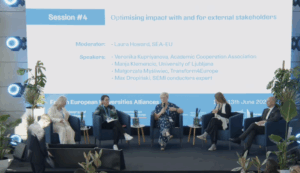
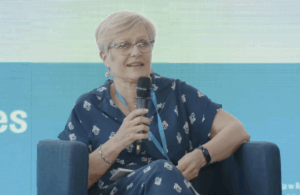
![]()
